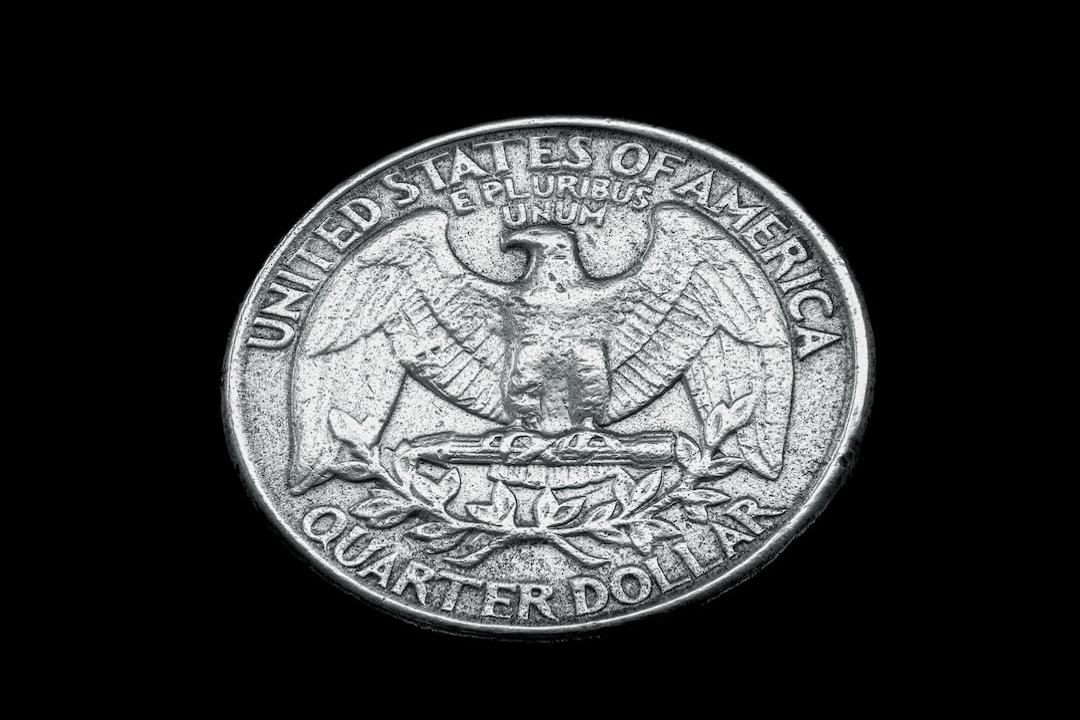The Reserve Bank of New Zealand has embarked on a journey to investigate the possibility of introducing a central bank digital currency (CBDC), also known as “digital cash.” Ian Woolford, the Reserve Bank’s director of money and cash, highlighted that advancements in money and payments are posing a challenge to New Zealand’s monetary sovereignty, prompting the exploration of a CBDC.
In a recent press release on April 17, the central bank stated that digital cash would exist alongside physical cash options and would not necessitate a commercial bank account for usage. Instead, users would only need a digital wallet, payment card, or mobile app. Woolford emphasized that digital cash would offer improvements in privacy, security, and trust for users, reassuring that the central bank would not monitor or dictate how individuals spend their money.
A consultation period to shape the high-level design of digital cash will run until July 26, 2024, marking the initial phase of a comprehensive exploration expected to continue until around 2030. The central bank plans to provide ongoing opportunities for public engagement throughout this process.
The decision to investigate digital cash comes after comments from Adrian Orr, the governor of the Reserve Bank of New Zealand, where he criticized stablecoins, highlighting their inability to replace traditional currency and their inherent instability. Orr expressed skepticism about stablecoins during a parliamentary finance committee meeting in February, labeling them as “the biggest misnomers” and “oxymorons.”
For more updates, follow us on Google News.

